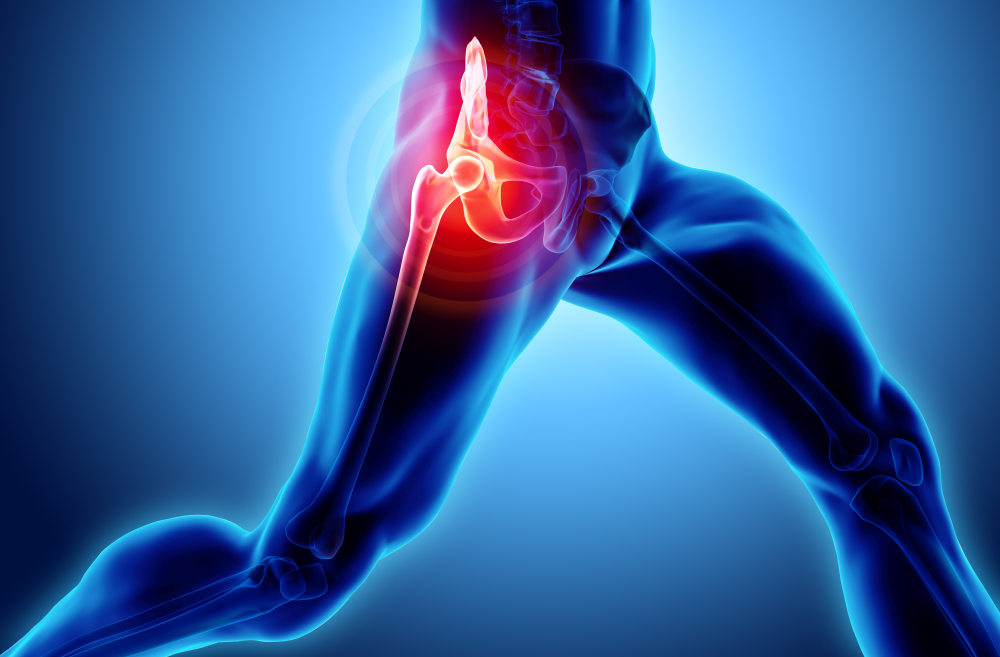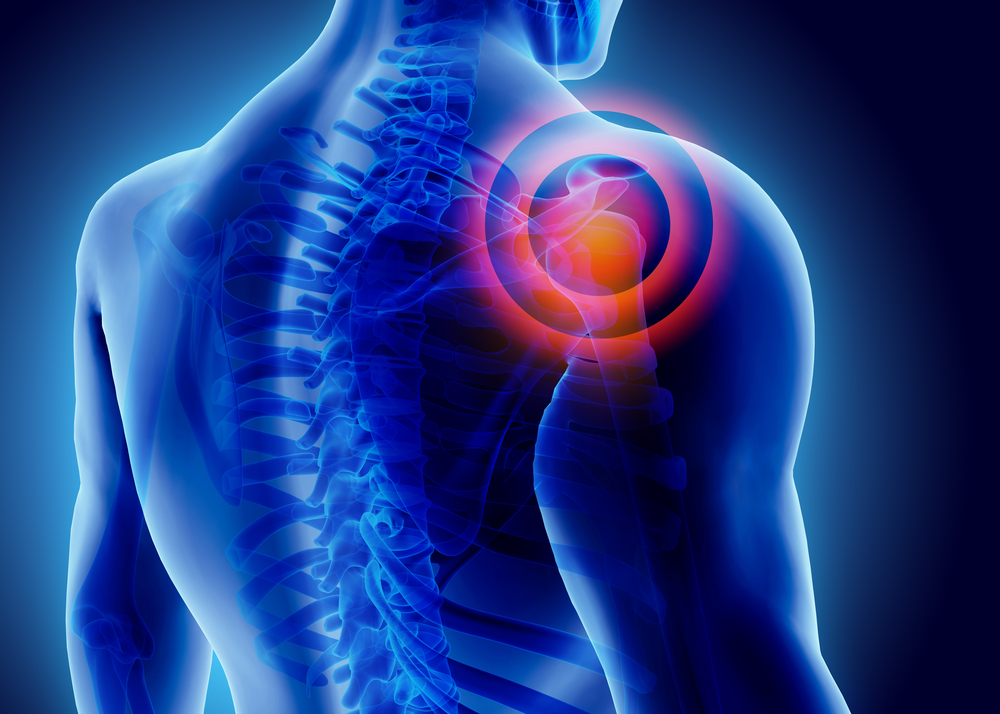Background
A recent “ex-vivo” study showed that nonvalvular atrial fibrillation (NVAF) is associated with enhanced activity of metalloproteinases at the atrial level, and in animal models homocysteine (Hcy) is able to activate metalloproteinases. The aim of this case-control study was to investigate the association of total Hcy plasma levels, vitamin status (folate, vitamin B6, and vitamin B12), and methylenetetrahydrofolate reductase C677T and CBS 844ins68 polymorphisms with NVAF. Furthermore, the role of these variables in the occurrence of ischemic events was investigated.
Methods
We studied 310 NVAF patients on oral anticoagulant results (168 patients with previous ischemic events and 142 without) and 310 controls.
Results
Hyperhomocysteinemia (highest quartile) and vitamin B6 deficiency (lowest quartile) were independently associated with NVAF after multivariate analysis (Hcy: odds ratio [OR] 6.40, 95% CI 3.29–12.46; vitamin B6: OR 3.02, 95% CI 1.02–8.95). A significant correlation was found between Hcy levels and left atrial diameter (r = 0.46; P < .001). As shown by multivariate analysis, elevated Hcy levels were an independent risk factor for ischemic complications during NVAF (OR 2.66, 95% CI 1.15–6.20).
Conclusions
This study demonstrates a significant association of both elevated Hcy levels and low vitamin B6 levels with the presence of NVAF; in addition, it confirms the role of Hcy as a risk factor for ischemic events during NVAF.


